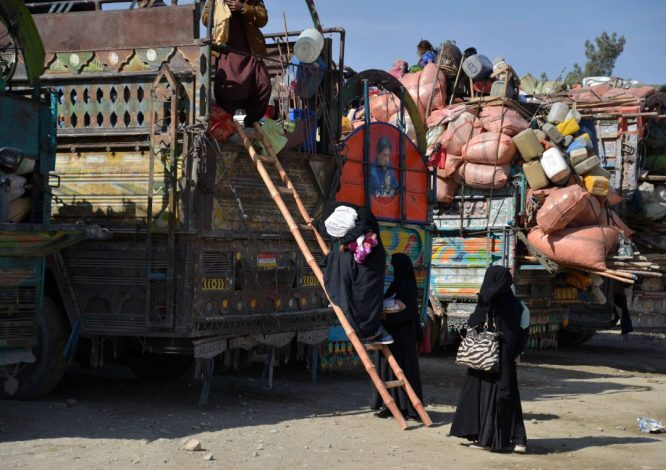RASC News Agency: A coalition of Iranian academics and civil society advocates has issued an open letter to President Masoud Pezeshkian, urging an immediate halt to the expulsion of Afghanistani migrants holding official census registration documents. The letter warns that the government’s refusal to renew these documents places nearly two million Afghanistani migrants who had previously been granted legal residency at risk of becoming undocumented. This administrative shift effectively renders them subject to deportation under prevailing immigration enforcement measures.
The signatories caution that such policies, particularly those involving the suspension of essential public services and the use of coercive removal tactics, will carry devastating consequences for this already vulnerable population especially women and children. The letter further notes that a substantial portion of these individuals arrived in Iran following the Taliban’s return to power in 2021. Many of them were officially registered under the 2022 national census program, which provided them with temporary legal status. Given the deteriorating humanitarian, economic, and security conditions in Afghanistan, the authors argue that repatriation under current circumstances cannot be considered safe, voluntary, or humane.
One excerpt from the letter reads:
“To justify this policy based on trust in the Taliban regime, or to absolve the Iranian government of moral responsibility for the fate of nearly two million individuals merely because they are not Iranian nationals is ethically untenable and fundamentally inconsistent with the humanitarian principles of our society.” The signatories also underscore that such measures have been shaped, in part, by a growing tide of xenophobia fueled by the spread of misinformation and biased narratives in the media. These portrayals, they argue, have unfairly stigmatized the Afghanistani migrant community and contributed to an increasingly hostile public sentiment.
In their concluding remarks, the authors assert that durable solutions to this migration crisis cannot be achieved through hasty or punitive policies. Instead, they call for the development of inclusive strategies that prioritize voluntary repatriation within a reasonable timeframe, while also implementing non-discriminatory policies that protect migrant rights and promote social cohesion. It is worth noting that the Iranian government, in a statement issued late last year, announced that it would no longer extend the validity of census registration documents held by Afghanistani migrants. According to the new directive, these individuals must exit the country within a designated period following their notification by relevant authorities. Failure to comply will result in mandatory deportation procedures.






